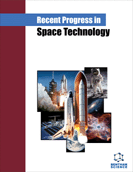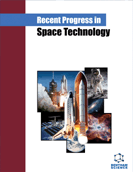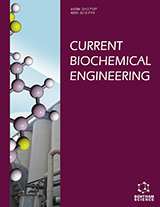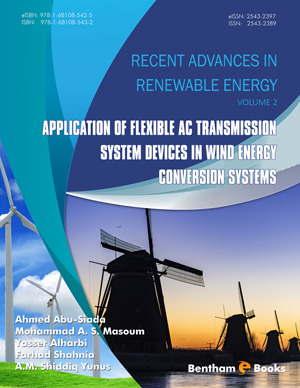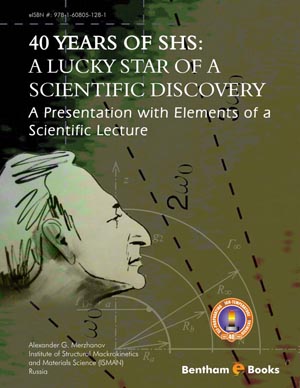Abstract
In this study, a thermodynamic cycle simulation of a four-stroke spark-ignition engine was conducted to predict the engine performance. The single-zone
model was built based on the Wiebe function for the mass fraction burned and
Woschni’s model for the convective heat loss. The first law of thermodynamics was
applied to describe the engine behavior versus the crank angle. These formulas
determine in-cylinder pressure, temperature, mean effective pressure, and effective
power. This study was performed to evaluate the effects of the combustion duration on
the engine performance characteristics. Simulations were carried out on a 98 cm3 four-stroke SI engine set up at 3600 rpm corresponding to the maximum torque (5.7 Nm).
In this study, it was found that under the same operating conditions, accelerating the
combustion does not always increase the power delivered by the engine. The best
engine performance in terms of compromise between heat losses and power delivered
was obtained for the combustion duration corresponding to 60° CA.



